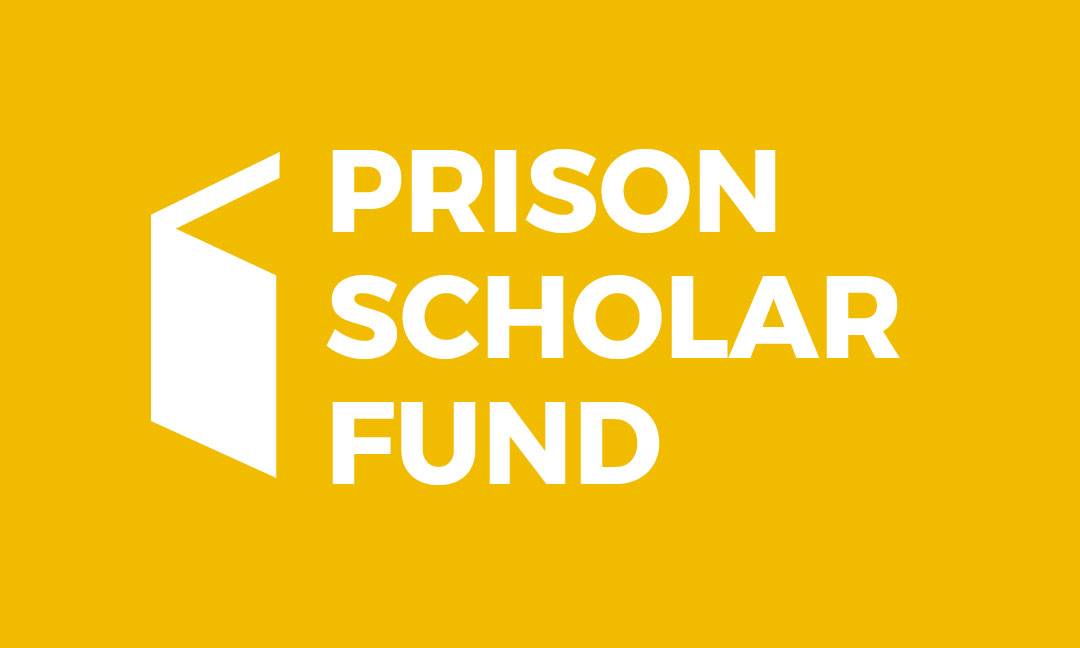July 19, 2020
I look at the protests, the looting and the rioting, and see a society divided against itself. I see a society wanting to commit to a future of equality, justice, and inclusiveness, but unwilling to reconcile or even acknowledge its historical wrongs. I see a few haves and too many have-nots. I see blackness and whiteness, separated by a menacing blue wall. I see myself, my life, reduced to a statistic, indicating that my presence in prison is overrepresented. I see my son, and immediately feel a twinge of guilt, as he must now enter an arena of struggle for rights that previous generations (mine included) failed to secure.
I see all of this and more. What I don’t see is hope on the horizon. Too many times, people of color, specifically Black people, have offered their hand in friendship, in a gesture of “forgive and let’s move forward,” only to be met with disdain and disrespect, only to be further humiliated, further marginalized.
Today is no different from back then, when Blacks were held as captive property, when they were restricted to certain jobs and parts of town, when Black indignity served as entertainment for an audience of whiteness. To be sure, these historical themes of oppression are evident in the mass imprisonment of young Black males or the hypersegregation that characterize many communities of color. They can be watched in professional sports and heard in the latest music. No matter how you look at it, it reads the same: Black lives are not taken seriously. They’re just taken . . . prematurely.
So, am I especially outraged by the manner in which George Floyd’s life was stolen from him and his family? No. I’m desensitized, maybe by my own present dehumanization or from reliving the tortured experiences of Black people through the pages of history. Either way, I cannot muster the necessary emotional energy. I am willing to offer my insights though, to contribute to a Black Lives Matter movement whose promise is palpable, but dims with each passing day.
At this particular historical moment, we are dealing with a legacy of policies and practices that have expressly targeted Black people as enemy combatants in the War on Drugs and the War on Crime. Communities of color are policed like an Iraqi insurgent stronghold. They are organized and situated like South African bantustans during apartheid. Members of these communities are thrown into Soviet-style gulags, located in areas similar to Siberia. On these disturbing points, both Democrat and Republican remain silent, and thus, complicit.
Of course, change has never come as a consequence of any presidential election. Not even when Obama promised it with his 2008 campaign slogan. The change that will set right centuries of wrongs against Black people and other communities of color must begin at the local level. Be it a seat on the city council or the school board, we must be at the table. For the state of Washington, that means organizing the urban communities of King and Pierce County, areas where the political power of communities of color is concentrated.
To this point, it is not enough to talk about police brutality and not call out the white supremacy of law enforcement unions or the racism of the politicians in Olympia. Mass incarceration is not simply about over-incarcerating men of color, it is also the reproducing and reinforcing of conditions within their communities that cause crime and other social ills. If all we do is march and protest against the injustice of the moment, then we’ll only march and protest ourselves right into the next system of oppression.
To close, the Black struggle has literally driven progress in Amerika. At some point, that struggle will rise up and rearrange structures and institutions of society.

Peace be with you,
Appreciate this well written piece.
These parts I have saved and would give you credit if/when I quote you.
“Today is no different from back then, when Blacks were held as captive property, when they were restricted to certain jobs and parts of town, when Black indignity served as entertainment for an audience of whiteness.” This reminded me of an editorial written in the Monroe Monitor Newspaper in 1951 denouncing minstrel shows, like the one held in the school assembly on Dec. 12, 1946.
“No matter how you look at it, it reads the same: Black lives are not taken seriously. They’re just taken . . . prematurely.”
“The change that will set right centuries of wrongs against Black people and other communities of color must begin at the local level. Be it a seat on the city council or the school board, we must be at the table.” I liked to include this quote as I send out emails related to the Monroe Equity Council, the Ahmadiyya Muslim Community, and the Seattle Limbe Sewing Circle.
“To close, the Black struggle has literally driven progress in Amerika. At some point, that struggle will rise up and rearrange structures and institutions of society.”
This hope and/or faith in this vision ends your article on a positive note, may The Almighty enable our unending struggle to spread peaceful systems based on justice.